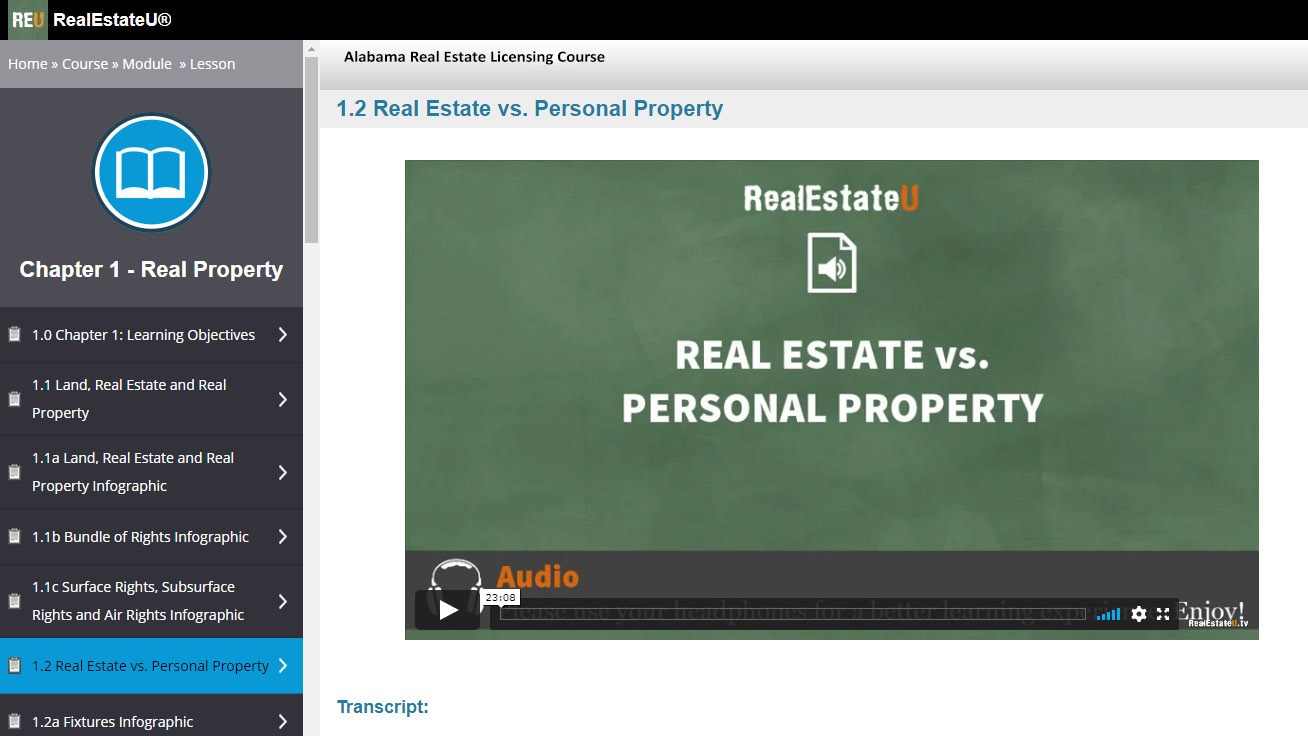
What's the difference between a Real estate agent and a real estate broker? There are many differences between the two, so let's look at some of them. If you are looking to purchase or sell a property, an agent or broker may be the right choice. Both are equally valuable. The decision is up to you. For more information, see our comparison article about agent vs. broker.
Real estate agent
Although there are differences in the roles of brokers and agents, they both play a vital role in ensuring a smooth home buying experience. While brokers handle legalities, buyers' agents locate properties and negotiate offers. Brokers also assist in the paperwork and hold escrow funds. The job of a buyer's agent is to find the perfect house and help buyers navigate the process. Agents are often referred to as brokers in some jurisdictions.

While agents and real estate agents are licensed professionals in the field of real estate, realtors are licensed as licensed brokers. Both types must hold real estate licenses. They must adhere strictly to a code of ethics. Real estate agents must also be members of NAR (National Association of Realtors) and adhere to their code of ethics. A broker must be licensed as a real estate agent. Both roles are distinct.
Agent for the buyer
The choice between a buyer's agent and a broker should be based on your personal situation. The first is legally required to represent the best interests of the buyer. A buyer's agency, on the contrary, has a fiduciary relationship with the seller. Buyer's agents often have a better understanding of buyers' needs because they can see things from an outsider's point of view. Buyers must be aware of both the benefits and drawbacks to working with a buyer’s agent.
A buyer's agent can provide a variety of services, including market analysis, evaluating comparable sales, and determining the offer value based on the features of the property. They may also be able to assist with other terms and conditions, such as preparing a coop board package. A buyer's agent also assists in navigating the speed bumps that can derailing a deal. You can avoid costly errors by having an agent help you navigate the speed bumps.
Broker of insurance
If you're looking to buy insurance, deciding between an insurance broker and an agent can be an important decision. Insurance agents must be licensed by the state and are often tethered to only a few insurance companies. Brokers, on the other hand, can shop around and compare all possible options for you, saving you a significant amount of time. Here are some reasons you should choose an insurer broker.

Their representation is the most important difference between an agent and an broker. While an agent represents an insurer an broker represents an insurance buyer. A broker may represent one insurance company or all of them. A broker can represent multiple insurance companies and has a wider network of contacts. Brokers can represent many insurers, but insurance agents may only represent one. The difference is significant.
FAQ
What are the benefits of a fixed-rate mortgage?
A fixed-rate mortgage locks in your interest rate for the term of the loan. You won't need to worry about rising interest rates. Fixed-rate loans offer lower payments due to the fact that they're locked for a fixed term.
What are the drawbacks of a fixed rate mortgage?
Fixed-rate loans have higher initial fees than adjustable-rate ones. A steep loss could also occur if you sell your home before the term ends due to the difference in the sale price and outstanding balance.
What should you look out for when investing in real-estate?
The first step is to make sure you have enough money to buy real estate. If you don't have any money saved up for this purpose, you need to borrow from a bank or other financial institution. It is also important to ensure that you do not get into debt. You may find yourself in defaulting on your loan.
You must also be clear about how much you have to spend on your investment property each monthly. This amount should include mortgage payments, taxes, insurance and maintenance costs.
It is important to ensure safety in the area you are looking at purchasing an investment property. You would be better off if you moved to another area while looking at properties.
What should I look for in a mortgage broker?
A mortgage broker helps people who don't qualify for traditional mortgages. They work with a variety of lenders to find the best deal. This service is offered by some brokers at a charge. Others offer no cost services.
How much money should I save before buying a house?
It depends on how much time you intend to stay there. It is important to start saving as soon as you can if you intend to stay there for more than five years. But, if your goal is to move within the next two-years, you don’t have to be too concerned.
Statistics
- Over the past year, mortgage rates have hovered between 3.9 and 4.5 percent—a less significant increase. (fortunebuilders.com)
- The FHA sets its desirable debt-to-income ratio at 43%. (fortunebuilders.com)
- Based on your credit scores and other financial details, your lender offers you a 3.5% interest rate on loan. (investopedia.com)
- Private mortgage insurance may be required for conventional loans when the borrower puts less than 20% down.4 FHA loans are mortgage loans issued by private lenders and backed by the federal government. (investopedia.com)
- Some experts hypothesize that rates will hit five percent by the second half of 2018, but there has been no official confirmation one way or the other. (fortunebuilders.com)
External Links
How To
How to buy a mobile house
Mobile homes are houses constructed on wheels and towed behind a vehicle. Mobile homes are popular since World War II. They were originally used by soldiers who lost their homes during wartime. Mobile homes are still popular among those who wish to live in a rural area. These houses are available in many sizes. Some houses can be small and others large enough for multiple families. There are even some tiny ones designed just for pets!
There are two types main mobile homes. The first type of mobile home is manufactured in factories. Workers then assemble it piece by piece. This is done before the product is delivered to the customer. You can also build your mobile home by yourself. Decide the size and features you require. Then, you'll need to ensure that you have all the materials needed to construct the house. Final, you'll need permits to construct your new home.
If you plan to purchase a mobile home, there are three things you should keep in mind. Because you won't always be able to access a garage, you might consider choosing a model with more space. Second, if you're planning to move into your house immediately, you might want to consider a model with a larger living area. You'll also want to inspect the trailer. You could have problems down the road if you damage any parts of the frame.
You need to determine your financial capabilities before purchasing a mobile residence. It is important that you compare the prices between different manufacturers and models. Also, look at the condition of the trailers themselves. While many dealers offer financing options for their customers, the interest rates charged by lenders can vary widely depending on which lender they are.
You can also rent a mobile home instead of purchasing one. Renting allows for you to test drive the model without having to commit. Renting isn't cheap. Renters usually pay about $300 per month.